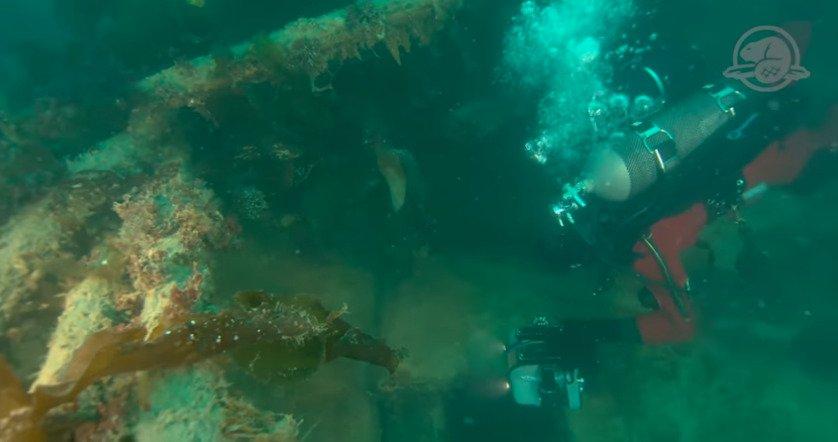The Canadian Food Inspection Agency’s decision to allow meat from farms with disease-infected deer herds to enter the Canadian market could lead to potential risks for humans, multiple experts say.
Chronic Wasting Disease—commonly abbreviated as CWD—is a fatal infection that affects the central nervous system of cervids such as deer, moose, elk, and caribou. It’s usually found in adult animals, and is caused by misfolded proteins in their system called “prions” that can then be transmitted through bodily fluids and organic matter like soil.




